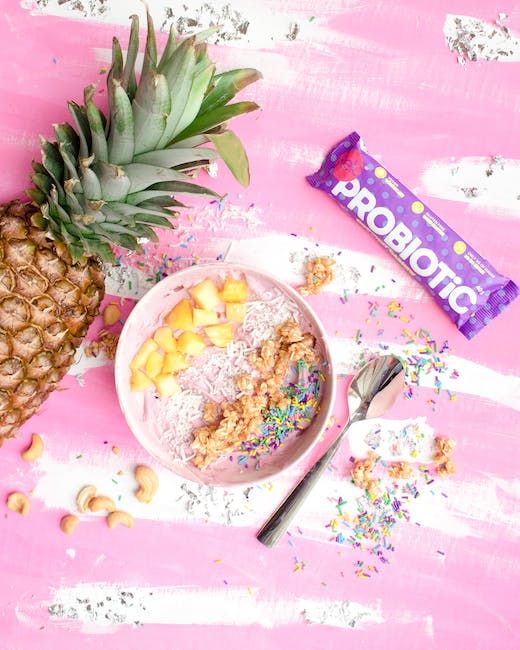Can Probiotics Cause Constipation? Unraveling the Gut Health Mystery
When it comes to maintaining a healthy digestive system, probiotics have been hailed as a cornerstone of gut health. These beneficial bacteria are often recommended for a variety of gastrointestinal issues, from diarrhea to irritable bowel syndrome. However, there’s a question that’s been causing a stir among health-conscious individuals and it’s one that might surprise you: Can probiotics cause constipation? In this comprehensive article, we’ll delve into the intricacies of probiotics and their effects on your digestive system, answering some of the most commonly searched questions and providing you with a wealth of information to help you understand the connection between probiotics and bowel movements.
Understanding Probiotics and Their Role in Digestive Health
What Are Probiotics?
Before we tackle the main question, let’s first understand what probiotics are. Probiotics are live microorganisms, often referred to as “good” or “friendly” bacteria, that are believed to provide health benefits when consumed in adequate amounts. They are found in various foods like yogurt, kefir, sauerkraut, and supplements.
How Do Probiotics Work?
Probiotics work by balancing the gut microbiota—the community of microorganisms living in the intestines. They can inhibit the growth of harmful bacteria, enhance the gut barrier, and modulate the immune system. This balance is crucial for proper digestive function and overall health.
Can Probiotics Cause Constipation?
The Surprising Possibility
It may seem counterintuitive, but some individuals report experiencing constipation after starting probiotic supplements. While probiotics are generally associated with improved bowel regularity, there are instances where they might contribute to constipation.
Understanding the Connection
The reasons behind this phenomenon are not entirely clear, but it could be due to a change in the gut flora or a reaction to a specific strain of probiotics. It’s also possible that pre-existing conditions or dietary factors play a role in this unexpected side effect.
Commonly Searched Questions About Probiotics and Constipation
Can Certain Strains of Probiotics Cause Constipation?
- Strain-Specific Effects: Some strains of probiotics may have a more constipating effect than others. It’s important to understand that different strains have different functions in the gut.
- Individual Responses: People may respond differently to the same probiotic strains, with some experiencing constipation while others do not.
How Can You Tell if Probiotics Are Causing Constipation?
- Monitoring Symptoms: Keep track of your bowel movements before and after starting probiotics to identify any changes.
- Consulting a Healthcare Provider: If you suspect probiotics are causing constipation, consult a healthcare provider for personalized advice.
Adjusting Probiotic Intake to Alleviate Constipation
Finding the Right Balance
If you’re experiencing constipation after starting probiotics, it may be necessary to adjust the dosage or switch to a different strain. Gradually increasing the intake of probiotics can also help your body adapt without causing constipation.
Dietary Considerations
- Fiber Intake: Ensure you’re consuming enough fiber, which works synergistically with probiotics to promote bowel regularity.
- Hydration: Adequate water intake is essential when taking probiotics to prevent constipation.
When to See a Doctor
Recognizing Red Flags
If constipation persists or is accompanied by other symptoms such as abdominal pain or blood in the stool, it’s crucial to seek medical attention. These could be signs of a more serious underlying condition.
Professional Guidance
A healthcare provider can help determine whether probiotics are the cause of constipation and advise on the best course of action, which may include alternative treatments or further investigation.
Conclusion: Balancing Probiotics for Optimal Gut Health
In conclusion, while probiotics are generally beneficial for digestive health, they can cause constipation in some individuals. It’s essential to listen to your body and adjust your probiotic intake accordingly. Remember to consider dietary factors such as fiber and hydration, and don’t hesitate to consult a healthcare provider if you have concerns. By understanding the role of probiotics and how they interact with your unique gut flora, you can harness their benefits while minimizing any adverse effects on your bowel movements.


